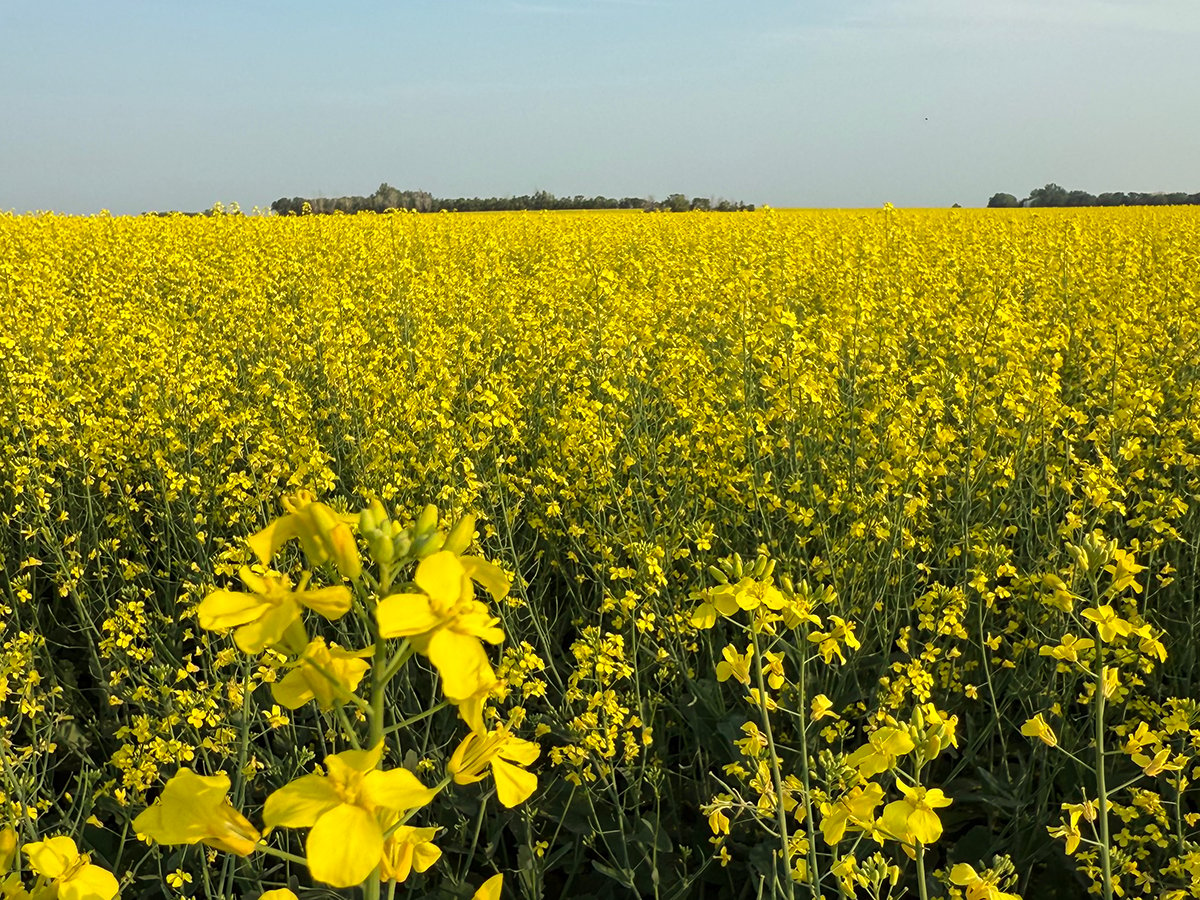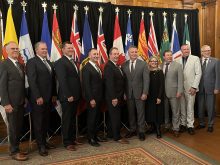Saskatchewan residents aren’t likely to see a provincial Progressive Conservative candidate knocking on doors this election, but if they did, this might be the candidate’s pitch:
“Hello, I’m your Progressive Conservative candidate in the upcoming provincial election. I don’t want your vote. Not this time, anyway; maybe next.”
And if voters do meet one of the Saskatchewan PC’s 11 candidates, they shouldn’t bother asking about an election platform. There isn’t one.
As PC party leader Kris Eggum explains, the Saskatchewan PC party is on hiatus, and for now his only mandate is to keep the party alive until after the Nov. 5 provincial election.
Read Also

Canola support gets mixed response
A series of canola industry support measures announced by the federal government are being met with mixed reviews.
In Saskatchewan, this means the party is required to run at least 10 candidates in every general election.
When Tory MLAs joined defecting MLAs from the provincial Liberals to form the Saskatchewan Party in 1997, the remaining PC party members decided to put the party on hold for 10 years.
After the 1999 provincial election, however, party trustees revised that decision from 10 years to two elections.
That means decision time for PC party stakeholders is nigh. Eggum said the party will likely hold a convention in the spring of 2004, and anyone who was a member of the party in 1997 when it was shelved will have a say on where the party goes in 2004.
Of the party’s 11 non-hopefuls, five will appear on the ballot in Regina, four in Saskatoon, and one each in the ridings of Cumberland and Athabasca.
Eggum ran in Regina Dewdney in 1999 and successfully lost. He is not running in 2003.
Meanwhile, the new Western Independence Party of Saskatchewan is running 18 candidates in urban and rural ridings.
Leader Bruce Ritter, who is running in Yorkton, said running provincially is the only way to constitutionally effect change.
The party advocates direct democracy. For example, if 5,000 eligible voters signed a petition on an issue, the party would have to hold a binding referendum.
The New Green Alliance has 27 candidates advocating ecologically sound, sustainable agriculture, among its platform promises. It says it would ban genetically modified wheat from the province.
There are also five independent candidates.














